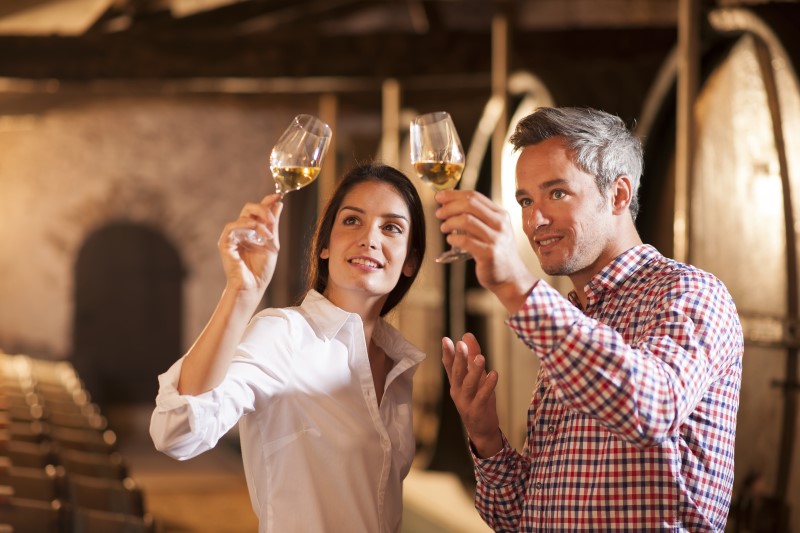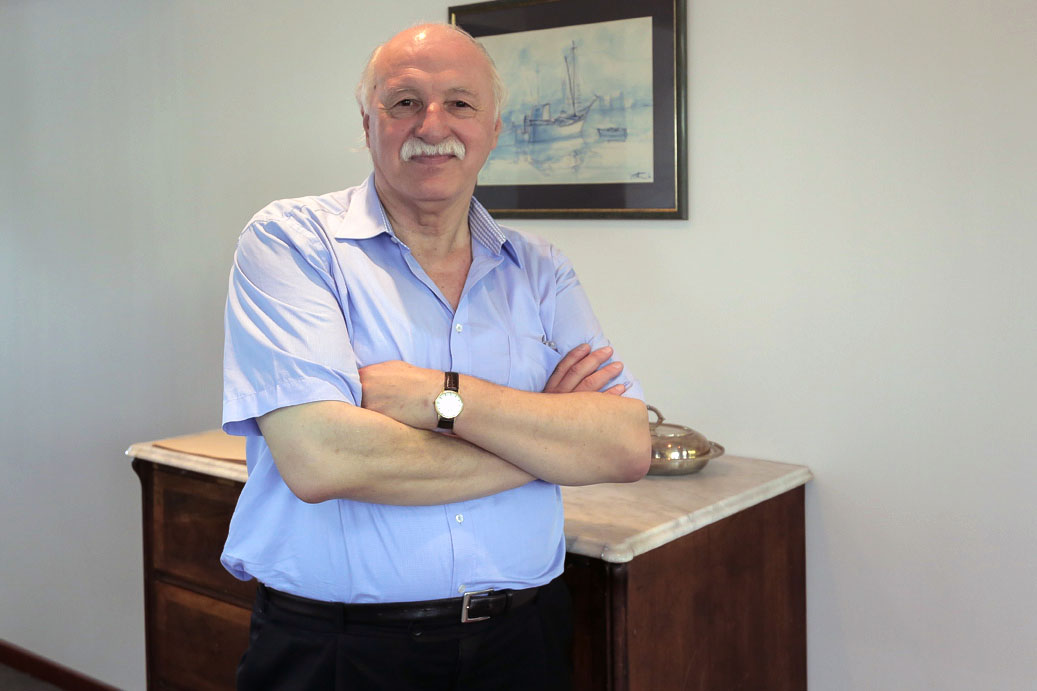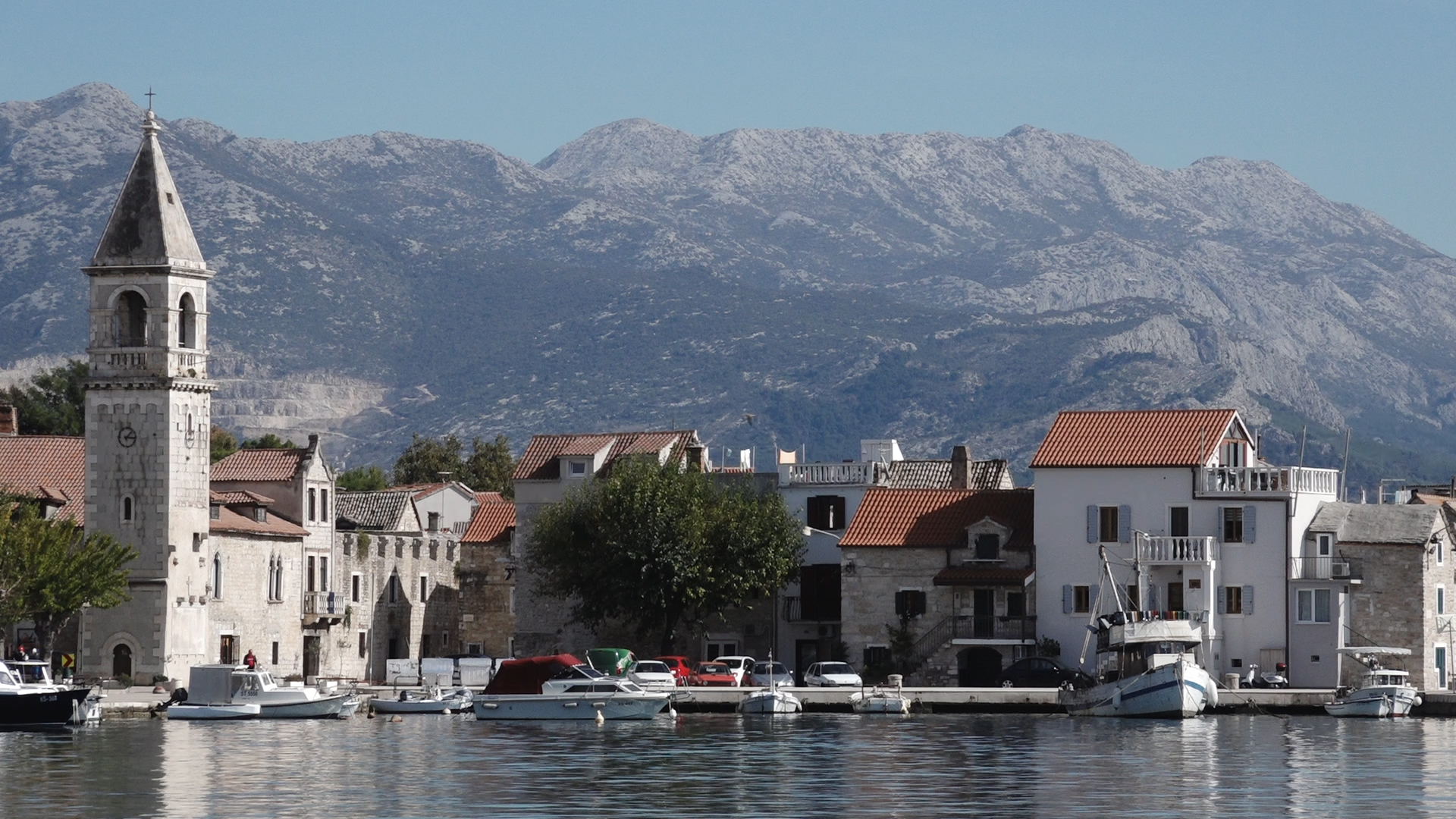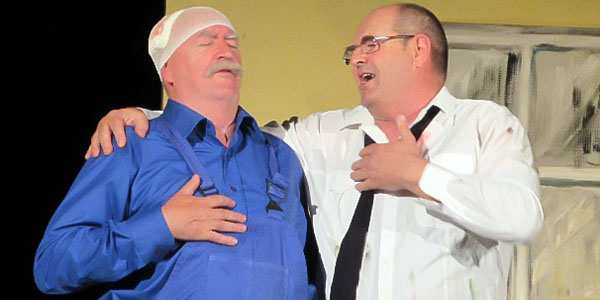When it comes to wine alone, two rather different terms are often being mixed and mistakenly identified and these are sommelier and enologist. Here are some information on these two professions which will clarify you the difference.
The word ‘sommelier’ is derived from French and it denotes a person who serves the wine. Sommelier is an educated person, a great connoisseur of wines and wine culture and is usually responsible for pairing and suggesting wines to the guests that would best complement each particular dish on the menu. In fact, sommelier takes all the responsibility with regards to wine. Among other things, this entails buying wines, managing the cellar and storage facilities and serving. Obviously, sommelier is a professional, but in modern times his role is considered broader than working only with wines so his knowledge should not be strictly reserved to enology, but gastronomic culture too. He needs to have elegant, unobtrusive approach, yet becoming and witty, and his main goal should be to spur guest’s interest for a particular food item and of course to match wine.
He should also know how to serve wine and pay attention to the correct wine temperature. Also, he should know how to decant wine, serve champagne or sparkling wine, complement wine by choosing the appropriate wine glass etc.
Sommelier needs to have a vast knowledge on other wine cultures than his own and he should strive to improve his knowledge and taste many wines as well. His crucial role of pairing particular wines to particular dishes is even more prominent when he can explain this a little bit more to the guest so he can enhance his enogastronomic experience.
Enology on the other hand, is the science and study of all aspects of wine and wine making, including wine storing. It follows the very making of wine – from the moment vines are planted to the moment wine is stored. Enologist is the one who creates wine, which means he should be familiar with every segment of winemaking and viticulture. Enologist is included in all the processes concerning wine so he needs to possess knowledge related to some other fields like chemistry, biology and similar sciences.
Wine production has its origins in ancient Greece and as of then hasn’t changed much, while the biggest changes came with the onset of modern technology and these trends are surely followed by enologists.
Find out more at: www.vinoteka-viola.com / www.wineshop.hr
P. Mimica, MS in Agricultural Engineering

 Riječ dana… (iz knjige aforizama IM AUGENBLICK DES DENKENS…) Jure Brekalo
Riječ dana… (iz knjige aforizama IM AUGENBLICK DES DENKENS…) Jure Brekalo Književna večer s Dunjom Kalilić
Književna večer s Dunjom Kalilić „Cinco i Marinko” vodi Sinjane u Bugojno
„Cinco i Marinko” vodi Sinjane u Bugojno